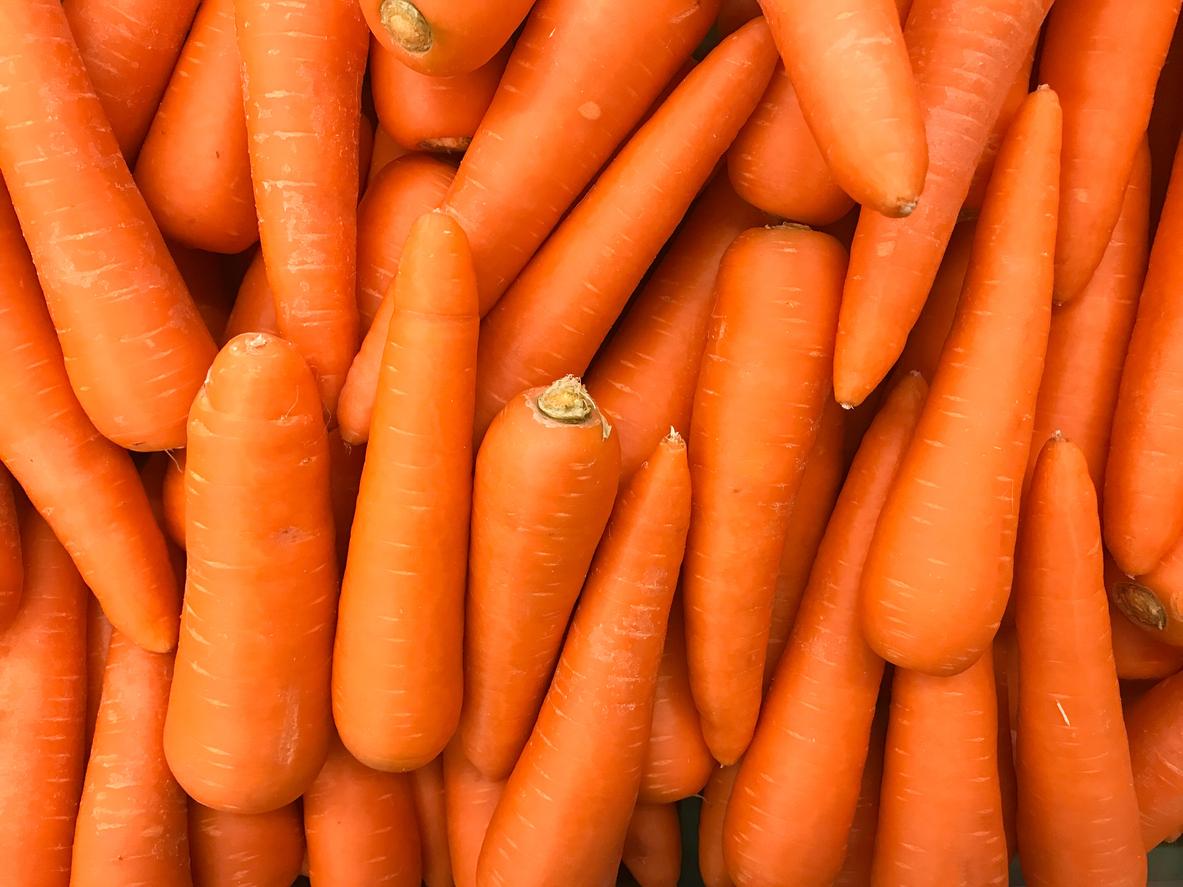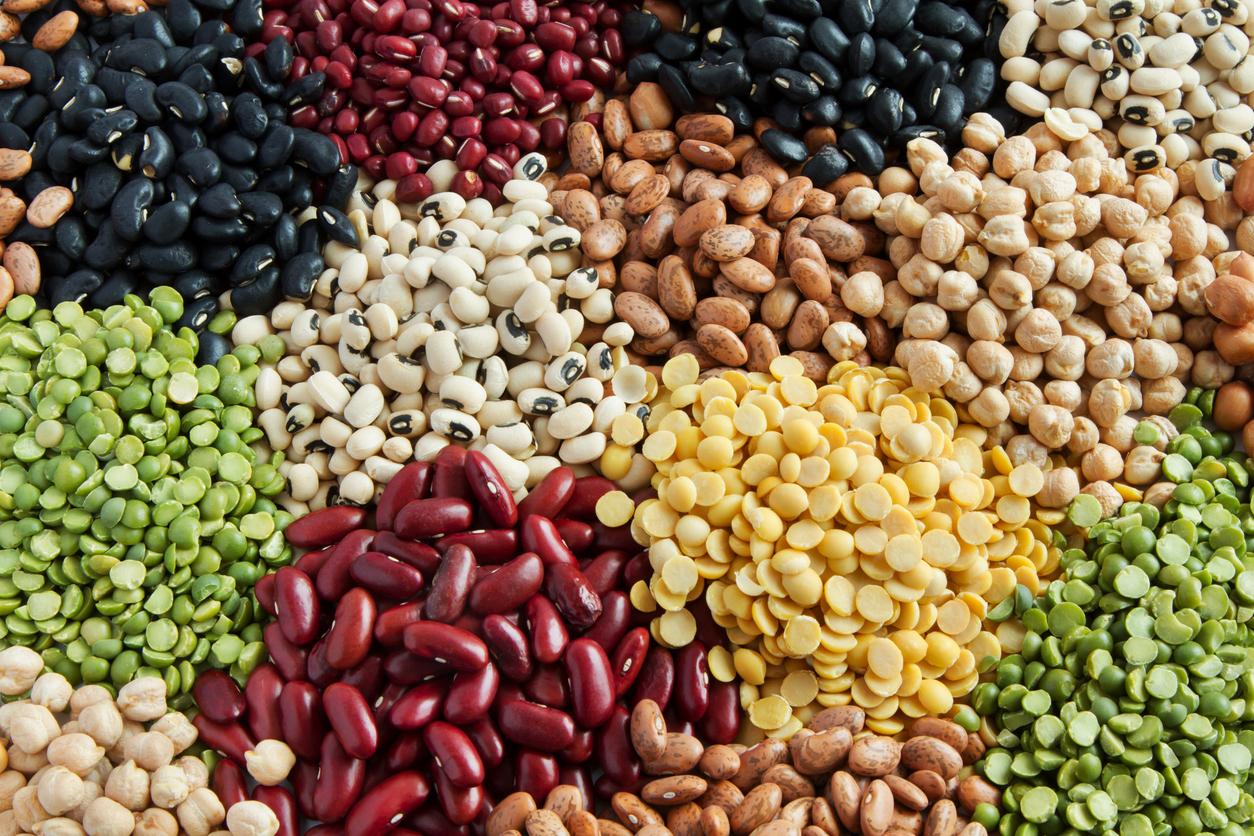Eat five fruits and vegetables a day, we are told. Yes, but not only! ANSES (National Agency for Food, Environmental and Occupational Health and Safety) is updating its recommendations on food consumption, taking advantage of scientific advances in nutrition. Fruits, and especially vegetables, are always welcome in our diet. Added to this are whole grains (bread, pasta, brown rice) to be preferred over refined products (bread and white rice, refined wheat pasta), and legumes (chickpeas, lentils, beans). In terms of fat, it is better to turn to vegetable oils, especially rapeseed and walnut oils, rich in alpha-linolenic acid.
Avoid excess
On the other hand, there is no question of abusing cold cuts, limited to 25g per day, or sugary drinks (no more than one glass daily). Meat remains an important component of the diet, but should not be consumed in excess: excluding poultry, ANSES recommends 500g per week. Also bet on fish two meals a week, including fatty fish, such as sardines or mackerel. And if you like to sweeten and salt your dishes, beware of excess. These two substances are not prohibited, but to be consumed in moderation.
All these recommendations are intended to provide the essential nutritional needs of the body, avoiding the development of chronic diseases, such as cardiovascular diseases. But ANSES also recommends diversifying its menus and sources of supply to avoid harmful substances such as acrylamide (present in certain foods cooked at high temperature) and lead.
Source : ANSES updates food consumption guidelines for the French populationJanuary 23, 2017
Also to read
Legumes would help lose weight
Eat whole grains to live longer
Red meat consumption linked to kidney failure
















